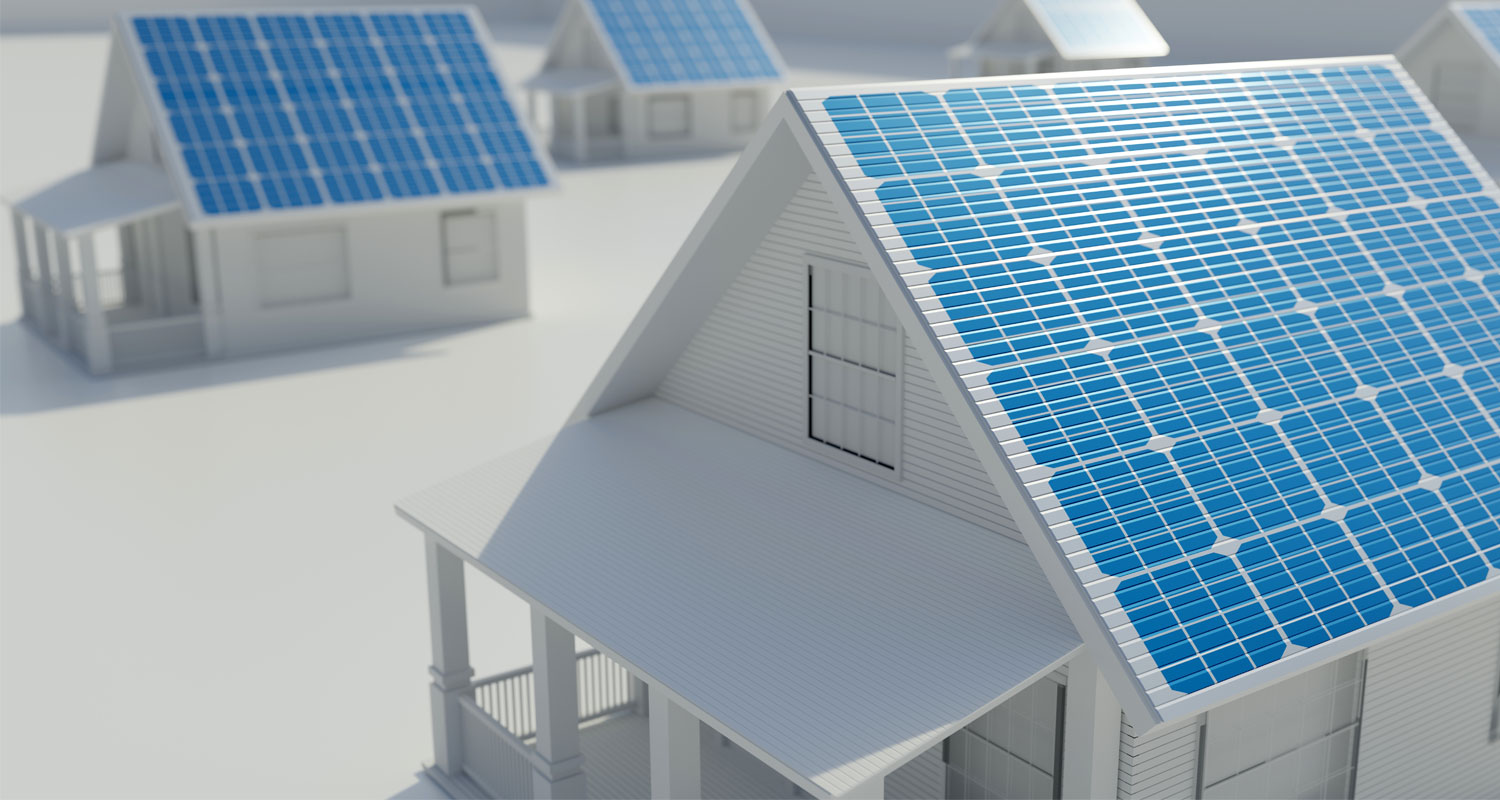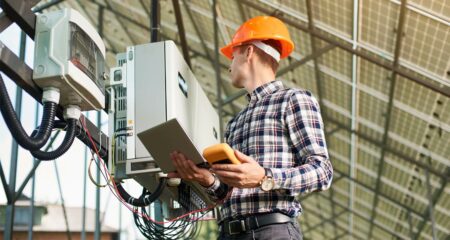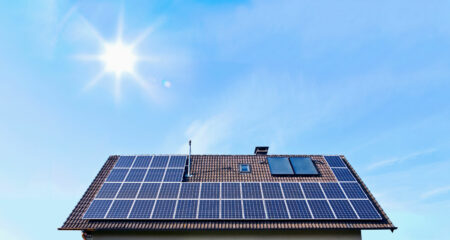 Since 2007, load shedding has plagued South African homes and businesses, resulting in lost productivity, downtime and damage to appliances. More importantly, it has undoubtedly contributed dramatically to the country’s general economic downturn.
Since 2007, load shedding has plagued South African homes and businesses, resulting in lost productivity, downtime and damage to appliances. More importantly, it has undoubtedly contributed dramatically to the country’s general economic downturn.
One thing has become clear, and that is that load shedding isn’t going anywhere, anytime soon, meaning there is no time like the present to look at alternative sources of power.
More sustainable solutions
Unfortunately, the global pandemic exacerbated the situation, with the almost mass exodus to working from home leaving people with no escape from power cuts. And remote and hybrid working is here to stay, meaning both offices and homes need to find a cost-effective, more sustainable way to combat load shedding and ensure that business can carry on as usual.
Initially, in the vain hope that load shedding might last only a year or two, many individuals and companies invested in generators. But with soaring petrol costs, foul emissions and rolling blackouts lasting more than four hours at a time, these are no longer feasible.
The solar saver
The perception that solar is too expensive has also prevented its widespread adoption over the past decade. However, solar power is now less expensive than ever before, and is readily available. More importantly, it can pay for itself in just two to five years.
This is because solar technology has advanced rapidly in the past few years, driving the cost of installing a solar energy system down, and making these systems far more financially feasible. And more importantly, for those homeowners and businesses who don’t have a large chunk of cash to spend right now, there is now a range of financing options available.
One of the most affordable ways to pay for a solar installation is to extend your home loan, because this type of loan generally offers lower interest rates than personal loans do. And once your system is paid off, the electricity it provides is free for a good 20 years or more, which is the average life expectancy of a professional solar system. This can add up to enormous savings over the years.
Where to begin?
Another stumbling block for many homes and businesses looking to install solar is a lack of knowledge – no idea where or how to start. This is where bringing an expert like 4Tress onboard can help streamline the process, as it will be able to work out how much power you need and which system is best suited to your requirements.
4Tress will establish how much energy your household or business uses and will then plan the solar installation accordingly. After all, solar installations are far from cheap, so it is important to have an expert on board to make sure that all systems are correctly designed and are the right size to ensure that enough power and runtime are available to cover your needs.
It’s also important to remember that the journey to independence from Eskom does not need to happen all at once. Solar systems can be scaled, and added to as and when needed, and as your needs grow.
A trusted provider
Discuss your options with your solar provider, who will be able to advise you when to add them and can plan the conversion to ensure that all your power needs are met.
It’s sad to say, but load shedding will likely only get worse over the next few years, so investing in a solar system for your home or business will spare you the inconvenience, stress and loss of productivity that rolling blackouts are currently causing, and will do this for good.
For more information, contact Robert Dunlop at 4Tress today on 082 332 6617, or e-mail [email protected].
- This promoted content was paid for by the party concerned



